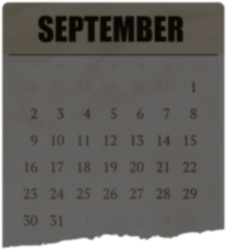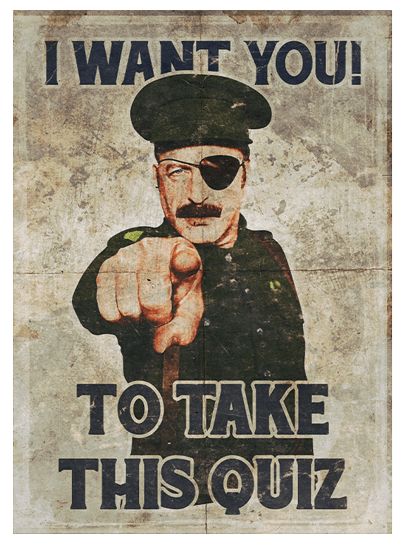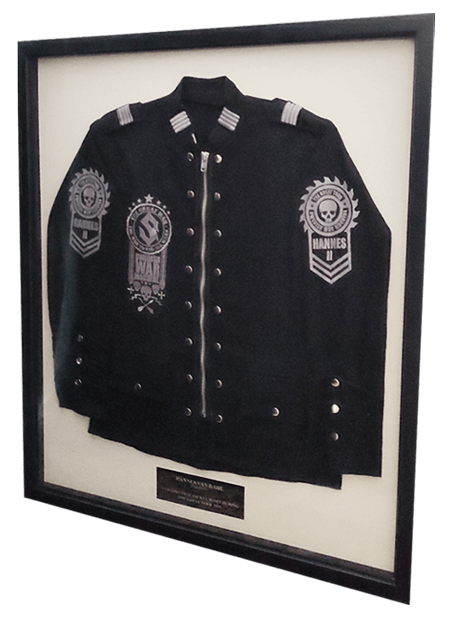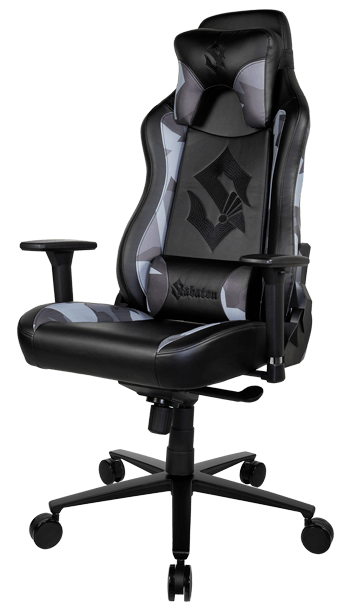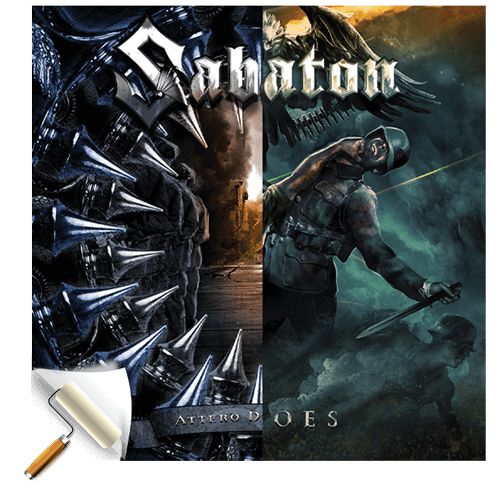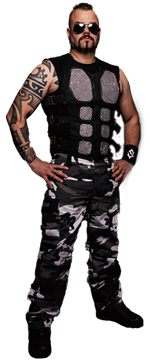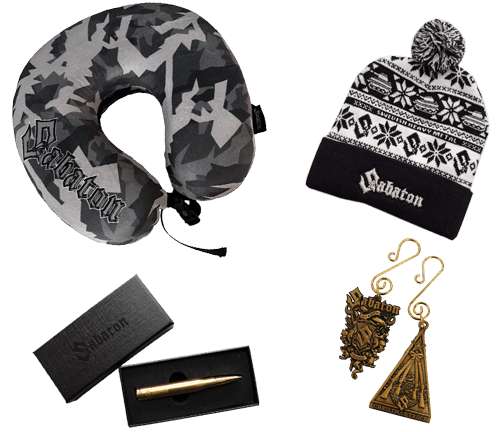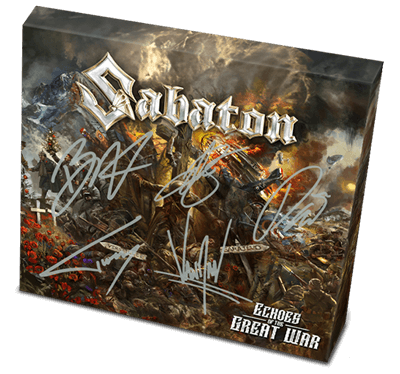The First Soldier of France
The Great War saw many people rise to prominence. Some remained famous and became part of history. Others, however, were lost, and succumbed to the fog of war, or simply slipped into the oblivion of time. One of those mostly forgotten individuals is Albert Severin Roche, who was once hailed as the “First Soldier of France”.
Roche was born in 1895 and was one of three children. His parents were simple farmers in the small French community of Reauville. Young Albert was not keen on being a farmhand all his life and longed for danger and adventure like many other young men. Buying into the romanticised dream of a soldier’s glorious life, he tried to enlist in 1913, however, the French Army’s assessment board rejected him immediately. He was considered too puny and not physically strong enough to become a poilu. Roche reluctantly returned to his family’s farm, but history was to give Albert a second chance soon enough.
World War I starts
When the Great War called the sons of France to arms in August 1914, Roche was ready to set out for the frontlines. His father was not happy with his decision and said no, so he packed his bags and sneaked out in the middle of the night.
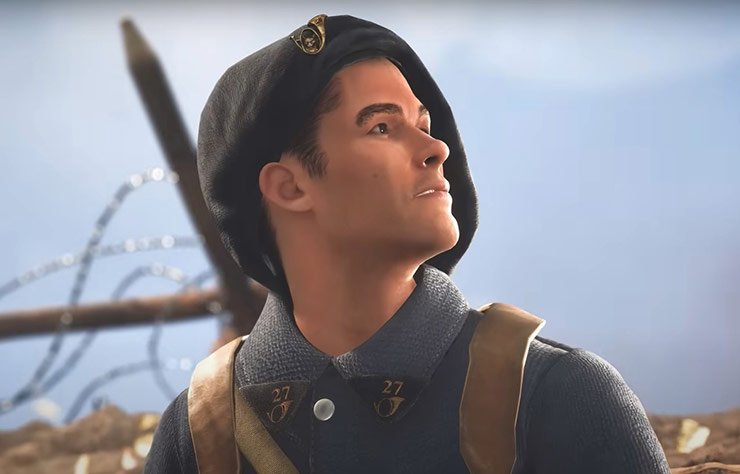 This time, the officers of the board did not look too closely at the requirements, as the army needed volunteers to close ranks against the German advance as quickly as possible. Albert was assigned to the 30th Battalion of Chasseurs. These were traditionally light infantry, quite similar to the German Jägers. They excelled in fighting as skirmishers in woods and hills, but though Roche entered the chasseurs in high spirits, his military training did not go very well. He was troublesome and hot-tempered, got into fights, and freely argued with his superiors – not something the French military would tolerate. One day, after another outburst of insubordination, Roche walked out of the barracks and went AWOL. His flight did not last long, as he was soon apprehended by military police. Arrested for desertion, Roche countered that he felt his duty lay at the front, and not in a boring training camp, marching up and down the parade ground. Surprisingly, military command agreed, and punished him by granting his wish.
This time, the officers of the board did not look too closely at the requirements, as the army needed volunteers to close ranks against the German advance as quickly as possible. Albert was assigned to the 30th Battalion of Chasseurs. These were traditionally light infantry, quite similar to the German Jägers. They excelled in fighting as skirmishers in woods and hills, but though Roche entered the chasseurs in high spirits, his military training did not go very well. He was troublesome and hot-tempered, got into fights, and freely argued with his superiors – not something the French military would tolerate. One day, after another outburst of insubordination, Roche walked out of the barracks and went AWOL. His flight did not last long, as he was soon apprehended by military police. Arrested for desertion, Roche countered that he felt his duty lay at the front, and not in a boring training camp, marching up and down the parade ground. Surprisingly, military command agreed, and punished him by granting his wish.
Roche was to leave for the front immediately and was transferred to the 27th Battalion of the Chasseurs Alpins. Now, the Chasseurs Alpins were basically an elite version of the regular chasseurs. Known as the Blue Devils, this unit was especially skilled in mountain warfare, skiing and climbing. If Roche wanted a fight, then the Blue Devils would find him one.
The Aisne Front
In the second half of 1915, Roche was taking up positions at the Aisne River, where the chasseurs were engaged in daily skirmishes.
The Aisne Front was always a thorn in the eye of French High Command, as the Germans held the heights on the Chemin de Dames. In 1915, the area was still fairly concealed by woods, but the trenches had become more and more sophisticated, and come December, the Germans had built an entrenched blockhouse in a forward position, from where their machine-guns could pepper the French lines. Roche volunteered to recon the position for weaknesses. On a particularly cold night, he snuck out under the cover of darkness. After slowly making his way through no-man’s land, he managed to infiltrate the German lines undiscovered. Peeking into the blockhouse, he saw that most of the Germans were sitting close to the warm stove, so Roche threw some grenades down the chimney. The ensuing explosions rocked the blockhouse and killed several of the enemies. The confused and shell-shocked survivors burst out into the open. Thinking they had been hit by a full raid, they threw away their rifles and surrendered. Roche ordered the men to pack up the machine guns and took them as prisoners back to the French lines.
For most of the war, the Chasseurs Alpins were rotated between the Aisne and the front in Alsace.
The fighting in the mountains of the Vosges suited them well. It was a perfect place for small-unit tactics. The French also had a real cause there – the liberation of Alsace and Lorraine, which made sure that morale remained high. But the Germans wouldn’t give it up willingly.
One day, Roche’s unit was hit by a massive artillery strike. In the mountains they could not dig deep trenches, so the artillery shells devastated their ranks. In fact, everyone but Roche was killed by the bombardment. Albert took the rifles of his fallen comrades and prepared to sell his life dearly. As the Germans arrived, he gave them hell. Firing every rifle in the row, and throwing grenades down the slopes, he forced the Germans to abort the attack and retreated.
By this time, Albert Roche was known to volunteer for the most dangerous missions. Recon was vital for obtaining information, and combat patrols and trench raids were a common way to get prisoners and intelligence. But those missions were dangerous, and many patrols simply did not return. Roche’s luck, like previous patrols, ran out one day. His combat patrol was hit hard in no-man’s land, with only he and his wounded lieutenant surviving. Both were captured by the Germans and dragged into a bunker. Inside, Roche was put in a chair, and awaited interrogation. Now, the exact details of what happened after this are unknown, but what we do know is that with a pistol in hand and leading the German officer out of the bunker, Roche ordered the whole section to surrender. Then he returned to the French lines – not alone, but with the wounded French lieutenant and 42 German prisoners.
The Nivelle Offensive
By 1917, Roche was back at the Chemin de Dames, just in time for the Nivelle Offensive. The operation itself was a catastrophe. In the hopes of finally pushing the Germans out of their positions on the heights, the French had ordered a massive assault over open ground. Once more, Albert Roche found himself in deep trouble. After a failed charge through no-man’s land in the face of strong defensive fire, he saw his captain vanish in a fountain of mud. A shell had badly wounded the man, but he was still alive. Roche lay on his stomach and started crawling, slowly. Keeping a low profile, he slithered over the battlefield, inch by inch, through mud, blood and guts, in and out of shell holes. Several times he just waited and watched. Was there a glare from binoculars or a sniper’s scope? Was there a German helmet looking over the parapet?
For six hours he crawled forward until he finally reached his captain. The man was conscious but unable to move on his own. In ‘normal’ circumstances, it would have been smarter to wait until nightfall before making a move, but the captain could have bled out by then. So once more, Roche crawled back, this time dragging his wounded officer with him. It was muscle-straining work trying to pull someone over the muddy, bombed out ground.
Miraculously, they both made it back to the lines after another four hours. Roche dropped the captain off with the stretcher bearers and then himself collapsed. Utterly exhausted, he fell sound asleep and was awoken sometime later by a kick. A French patrol stood over him, their rifles raised. Alone and away from the lines, they accused him of deserting his post. Roche, who was never one for lengthy discussions, was now also sleep deprived and under severe stress. The whole situation escalated quickly, and he was put into the detention barracks. Desertion was punishable by death.
An innocent man accused
Albert of course protested his innocence, but he had no witnesses to testify for him. The only witness was the now unconscious captain somewhere in the field hospital. The French Army had a system whereby trench commanders could shoot men that refused to go over the top or were found sleeping on guard duty. Officially, they would sentence around 2,500 of their own soldiers to death by summary execution during the war, of which at least 1,009 were shot. Even today, these men are still counted as deserters and criminals, and not victims of the war. Roche was to be shot within 24 hours. He wrote a short goodbye letter to his father and was led to his execution. As they lined up the firing squad, a messenger suddenly burst into the scene. The captain had regained consciousness and testified Roche’s innocence. The execution was called off at the last moment.
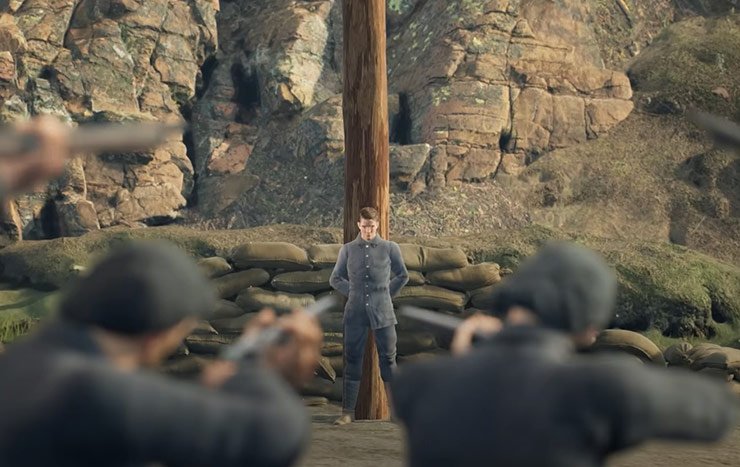
Roche would continue to serve the nation that had just tried to kill him, fighting the Germans for Alsace and the Aisne until the armistice.
He would receive several of the highest awards the French Army could bestow. The Medaille Militaire, the Croix du Combatant Volontaire, and of course the Croix de Guerre. He was mentioned seven times in the official dispatches, and his exploits on the battlefield became well known to high command. All in all, it is recorded that Albert Roche captured 1,180 German prisoners, most of them single-handedly, and was wounded nine times in combat. For that, General Louis de Maud`huy would declare him “Officier de la Légion d`honneur”.
His inauguration read as follows: “A chasseur whose bravery is legendary in the battalion. Even in the most difficult circumstances, he showed an absolute disregard for danger; maintained absolute calm at the most critical moments; is an example to his comrades; exalts their courage; and is a precious auxiliary to his leaders. (…) He did not hesitate in the face of danger; triumphed over all difficulties; showed decisiveness and a conscientiousness above all praise.”
Roche was chosen personally by General Henri Gouraud to represent the French Army in London at the funeral of British Chief of Staff John French. He was one of five soldiers invited to dinner afterwards with King George V.
But probably the highest honour bestowed on him was in 1920, when Roche and seven of his comrades were chosen to carry the coffin of the “Unknown Soldier” to his final resting place at the Arc de Triomphe in Paris.
Post-war life
After the war, Albert Roche returned to his small farming commune. He married and had a child, and spent the next years on the farm of his parents in law.
Civilian life was not kind to him, and the Depression forced him to look for work in the city. The First soldier of France started repairing roads to put food on the table. And when war with Germany loomed on the horizon, Roche found a job at the National Gunpowder Factory.
On April 14, 1939, he got off the bus from work, and was suddenly hit by a speeding car and thrown against a tree. Albert’s mangled body was rushed to the hospital, but it was too late.
Historian Pierre Miquel said it best: “This man had gone through four years of war, he had been wounded nine times, he had been close to death a thousand times, almost unjustly shot as a mutineer. He had escaped all dangers, all accidents. […] All of this to be killed 20 years later, on his way home, on the descent of the bus.”
Albert Severin Roche’s unique story inspired our song ‘ The First Soldier ‘. Take a look at the lyrics we wrote here.
If you’re interested in a more visual interpretation of this incredible story, watch our Sabaton History episode here:
